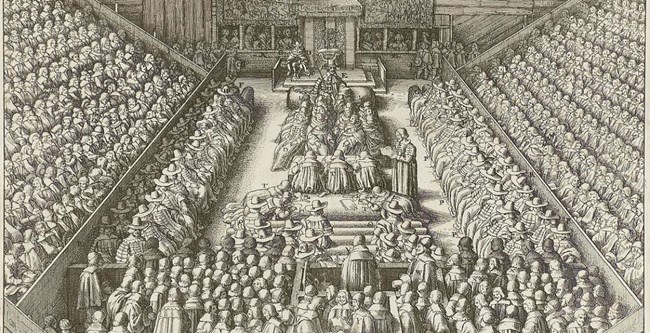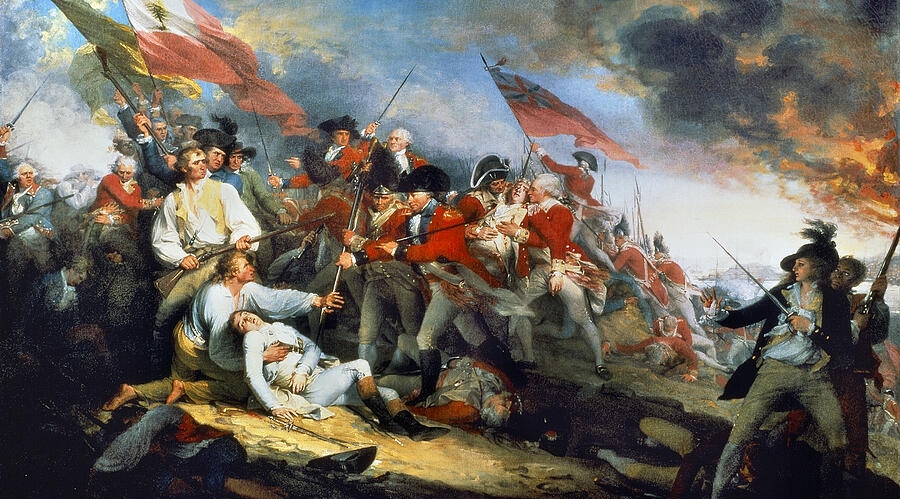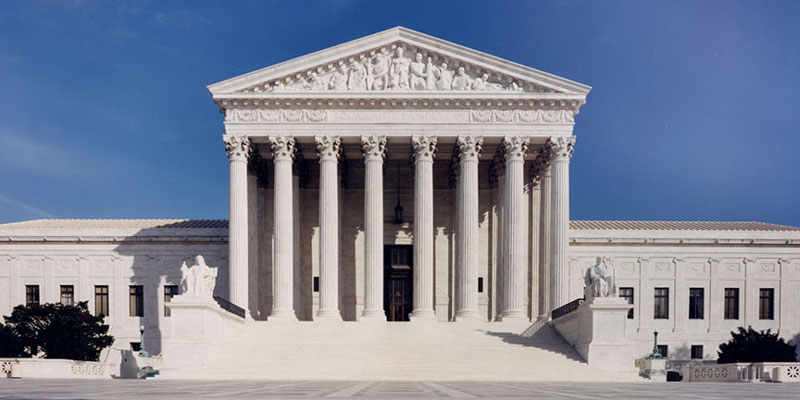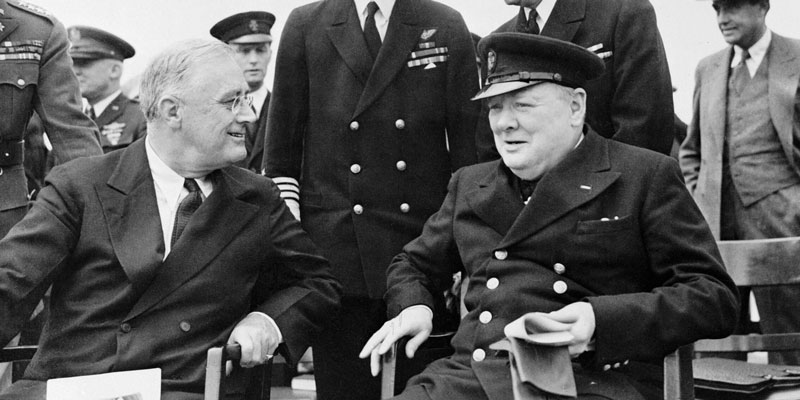Four hundred years ago, King James I of England convened his last parliament, the most significant and enduring legacy of which was the “Statute of Monopolies.” This act was both a restriction on royal prerogative and the beginning of legal protection for patents and intellectual property.
Prior to this act, the crown arbitrarily granted monopolies to bestow royal favor and also to receive a fee for the privilege. The grant of monopolies had become an end-run around parliament to indirectly raise taxes by increasing the cost of goods through limiting authorized merchants.
Initially the grant of a monopoly was less about restraining trade and more of a protectionist measure. The idea was to allow an inventor to apply to the crown so that no one other than the inventor could profit from the novel production or sale of goods.
Given the limited means for invention and rudimentary machinery, copying a process would be fairly easy. Failing to protect creativity would provide no incentive for medieval entrepreneurs to improve products and methods of production.
Monopolies then restricted unique items and production techniques to reward creators of the product or process from others who might, without any sweat equity, infringe on the creativity of others. Kings realized that encouraging innovation was critical, so granting an inventor an exclusive right to sell and market their product or technique proved beneficial for expanding the economy.
The granting of a monopoly was also useful in recruiting new trades and industries to re-locate to England. Craftsmen from other countries could be persuaded to come to London, ply their craft and know that their new product or process would be protected from competition.
But the granting of monopolies gradually changed from protecting intellectual property and encouraging new industry to a means for the crown to extract payment from merchants who sold goods that were neither novel nor unique.
One constant in the science of government is that there is rarely enough money for the ruler to do everything he wants. Running a royal household was expensive with untold sums necessary to pay retainers and courtesans, and if territorial expansion was on a king’s agenda, fielding an army required even larger sums.
So, even if there was a divine right of kings, there was nothing that automatically provided financial resources to support all prerogatives of the crown. And, in a country like England, other nobles and even their tenants were not keen to pay unlimited taxes. Likewise, even as powerful as a king might be, he was limited in ways to fund his initiatives.
But the crown had power, and with other funding avenues closed, monetizing this power became the goal of finance minsters and other royal advisors. Inasmuch as parliament might limit the imposition of taxes, unbundling the power of the crown and selling that power or leasing it became a new way to fund government.
Monopolies then became a tool in the royal arsenal to increase royal revenue, seemingly off balance sheet, without anyone knowing much less having any economic impact. But, what the king and his advisors could not see was that granting a monopoly and effectively restraining trade to the benefit of one company or merchant over another created a hidden tax that was in the increased cost of the product reflecting the cost of the monopoly.
No longer were monopolies used to advance economic development or protect the intellectual property of entrepreneurs; rather, monopolies became a means to restrict trade and limit the sale of goods by increasing the price to absorb the payment for the monopoly to the crown.
In short, the granting of monopolies was being abused by the crown, and parliament determined to do something about it. Over time, it became obvious that granting monopolies had an adverse impact on the English economy. Rather than fostering an efficient market that created competition among competing merchants, the competition became rooted in who would bid highest for the exclusive monopoly right to sell the product rather than in the actual goods.
As with most types of governmental intervention even as indirectly as the sale of a monopoly, the costs were never absorbed but were passed on to consumers in the form of higher prices. And, while this impact was not readily apparent, after a few decades it became obvious that monopolies were abused, had a negative impact on the economy and encouraged corruption by giving the crown too much autonomy in indirectly regulating the economy.
Parliament had previously tried to curtail monopolies, but their limitation on the abuse did not pass muster with the House of Lords. No doubt the lords were the recipient of these monopolies and profited from increased revenue from limited sales. Without the king’s assent, little change would occur.
So when King James I called Parliament into session 400 years ago, he knew that if he wanted certain foreign initiatives to go forward, he would have to give in and agree to a limitation on monopolies. As part of a legislative log roll, the king agreed to assent to the Statute of Monopolies.
This legislation was truly a landmark on several fronts. First, it removed most common goods from monopolistic treatment allowing normal goods to be bought and sold freely. It also removed the arbitrary power of the king to sell monopolies and vested this right in the common law.
But more importantly, the law provided for the right to patent a novel process or product to limit competition by allowing the creative inventor to benefit from his energy in developing the new product. But, the patent was not forever, and legal protection from competition was limited to 14 years.
Four centuries ago, England jettisoned restraints on free trade and allowed markets, not monopolies, to regulate the sale of products. More critically, protecting intellectual property through law rather than privilege was a major step in allowing novel products and new manufacturing technologies to emerge. This paved the way for England’s Industrial Revolution and the growth of empire.
Will Sellers is a graduate of Hillsdale College and an Associate Justice on the Supreme Court of Alabama. He is best reached at [email protected]













